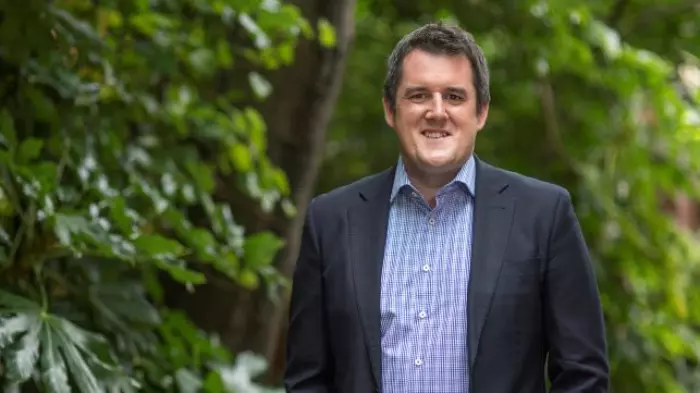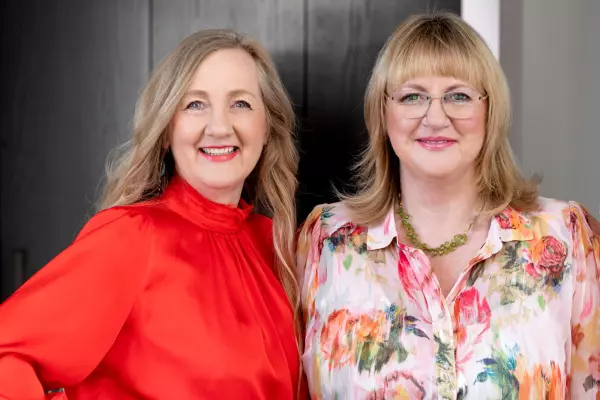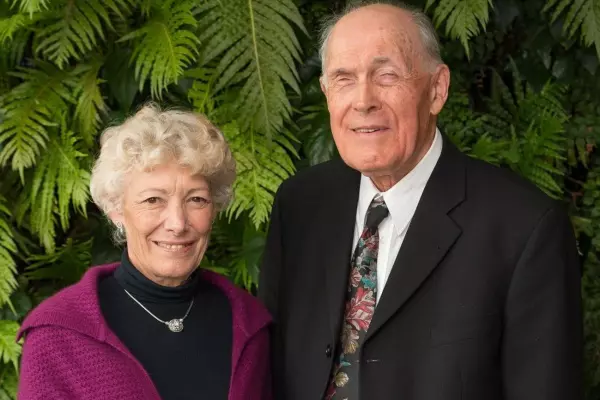New Zealand philanthropy experts want local politicians to emulate their Australian counterparts by supporting a campaign to double giving.
The Australian Labor party, widely tipped as the favourite to win the federal election, last month announced its support for Philanthropy Australia’s goal to double structured philanthropic giving by 2030.
Structured giving refers to a subset of giving, including bequests, payments made by trusts and payroll giving rather than one-off donations.
The party promised it would direct Treasury staff to work with others on doubling giving to A$5 billion by 2030, a goal outlined in a blueprint report released by the peak Australian philanthropy body. The responsible Labor shadow minister also touted the benefits of a national public awareness campaign to encourage giving.
Local reaction
The equivalent body in NZ, Philanthropy NZ Tōpūtanga Tuku Aroha o Aotearoa, is challenging NZ political parties to follow suit.
Its chief executive, Sue McCabe, said: “We encourage all political parties in Aotearoa to similarly commit to working with philanthropy to double giving here, for the benefit of our communities and the environment.”
A 2020 report by financial consultants JBWere estimated the total value of donations, grantmaking and bequests in NZ at $3.8b in 2018.
While it made up an estimated 15% of their income, the report, which floated the idea of a national generosity campaign, said philanthropic giving was crucial for the ongoing viability of for-purpose organisations.
In response to questions from BusinessDesk, John Morrow, head of philanthropy at JBWere, said structured giving in NZ, which included gambling, community and energy trusts, made up about $1.8b of the $3.8b figure. It was difficult to compare with Australia due to different definitions, he said.
Philanthropy NZ would be talking with political parties in the lead up to the election next year about how to unleash more giving, McCabe said.
Ideas from the sector included supporting increased giving by investor migrants, returning unclaimed tax rebates to the community sector, and refunding imputation tax credits (which can offset a shareholder’s tax bill).
It’s also been suggested payroll giving, which has resulted in more than $60 million given in 10 years, be promoted better.
“It’s in any government’s interests to support more giving as philanthropists, grantmakers, and everyday New Zealanders who donate to their favourite causes are always contributing to the government's goals, no matter which political party is in power,” McCabe said.
There were already great foundations supporting people to give that the government could help build on, she said.
As examples, McCabe referenced organisations such as Supergenerous and TaxGift, which made it easy for people to claim their tax credits and gift them to charities, generosity schemes like the One Percent Collective and place-based giving organisations such as community foundations.
“Any government that commits to doubling philanthropy in Aotearoa would have a number of willing and influential partners with the capability and the commitment to support them to achieve this goal.”
Punching above our weight?
New Zealanders are already among the most generous givers to charities and other for-purpose organisations in the world.
The 2021 world giving index report by Charities Aid Foundation ranked NZ the seventh most generous country in the world, behind Australia at five. Indonesia was first.
The index, which has run for more than a decade, is based on a survey which asks respondents if they have helped a stranger, donated money or volunteered in the preceding month. It doesn’t measure how much people are giving, but more localised research suggests New Zealanders are already giving more than Australians on a per capita basis.
The Philanthropy Australia report suggests total giving as a percentage of GDP is 1.84% in NZ versus 0.81% in Australia.
BusinessDesk asked community and voluntary sector minister Priyanca Radhakrishnan if she supported the idea of a campaign to increase or double giving in NZ.
Radhakrishnan noted the Australian Labor party had referenced NZ levels of charitable donations as their goal. She didn’t say whether she supported the broader idea of a campaign to encourage more giving.
The main piece of work for the government in the for-purpose space has been a review of the Charities Act, the law governing charities and their administration in NZ. The initial terms of reference for the review suggested a bill would be introduced to the house in 2020.
Asked about the delay, Radhakrishnan said the Department of Internal Affairs had to pause work to modernise the law in May 2020 due to covid-19.
“The review of the Charities Act and work to modernise it resumed in 2021 and I intend to introduce a bill to parliament this year,” she said.















